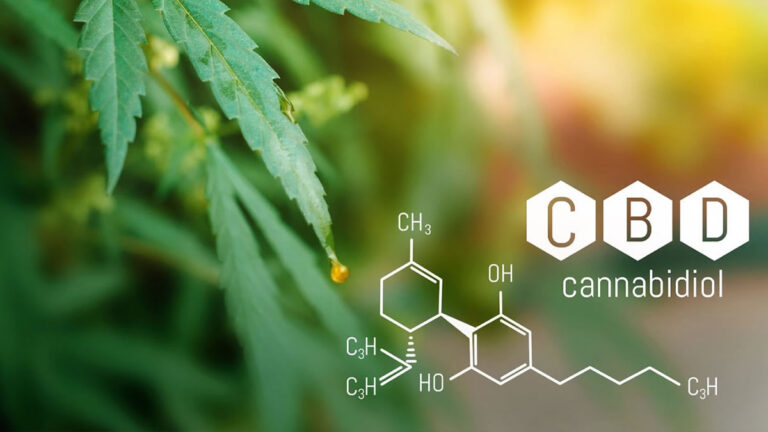A single 800 mg dose of cannabidiol (CBD) significantly reduced alcohol cravings and dampened activity in a key brain region associated with addiction in individuals with alcohol use disorder (AUD), according to a recent study. The findings, published in the journal Molecular Psychiatry, provide new insights into the neurobiological basis for CBD's potential as a treatment option for AUD.
CBD is a non-intoxicating compound found in the cannabis plant that does not produce a "high" and has gained interest for its potential therapeutic properties, including reducing anxiety and seizures. This new study, led by author Sina Zimmermann, aimed to test whether CBD could reduce "cue-induced craving" – the intense desire for alcohol triggered by environmental cues like the sight or smell of a drink.
The researchers recruited 28 adults with mild to severe AUD who were not currently seeking treatment. Participants were randomly assigned to receive either an 800 mg dose of CBD or an identical placebo. Three hours later, to coincide with peak CBD absorption, they underwent a series of tasks designed to provoke craving, including a social stress test and being allowed to see and handle their favorite alcoholic drinks in a controlled bar-laboratory setting.
Following this, participants underwent functional magnetic resonance imaging (fMRI) while being shown alcohol-related images. The results were significant:
- Participants who received CBD reported significantly lower craving levels after the stress and cue exposure compared to the placebo group.
- During the fMRI scan, the CBD group also showed significantly lower activity in the nucleus accumbens, a critical brain region involved in reward, motivation, and addiction, when exposed to alcohol-related images.
Importantly, the study found a dose-response relationship, where participants with higher concentrations of CBD in their blood reported lower cravings and showed lower nucleus accumbens activation. The effects were specific to alcohol cues, as CBD did not significantly affect brain activity during exposure to neutral images.
"CBD’s capacity to reduce stress- and cue-induced alcohol craving and to normalize NAc [nucleus accumbens] activation... contribute to understanding the neurobiological basis of its clinical effects and support its potential as a treatment option for AUD,” the study authors concluded.
While the study provides promising preliminary clinical evidence, the authors note its limitations, including a small sample size and the use of only a single acute dose. It remains unknown whether these effects would persist with repeated use or how they might apply to individuals actively seeking treatment. Nevertheless, the findings suggest that CBD could influence core processes involved in alcohol craving and warrant further research into its therapeutic potential.
- The paper “Acute cannabidiol administration reduces alcohol craving and cue-induced nucleus accumbens activation in individuals with alcohol use disorder: the double-blind randomized controlled ICONIC trial” was authored by Sina Zimmermann, Anton Teetzmann, Joscha Baeßler, Lena Schreckenberger, Judith Zaiser, Marlen Pfisterer, Manuel Stenger, and Patrick Bach.


